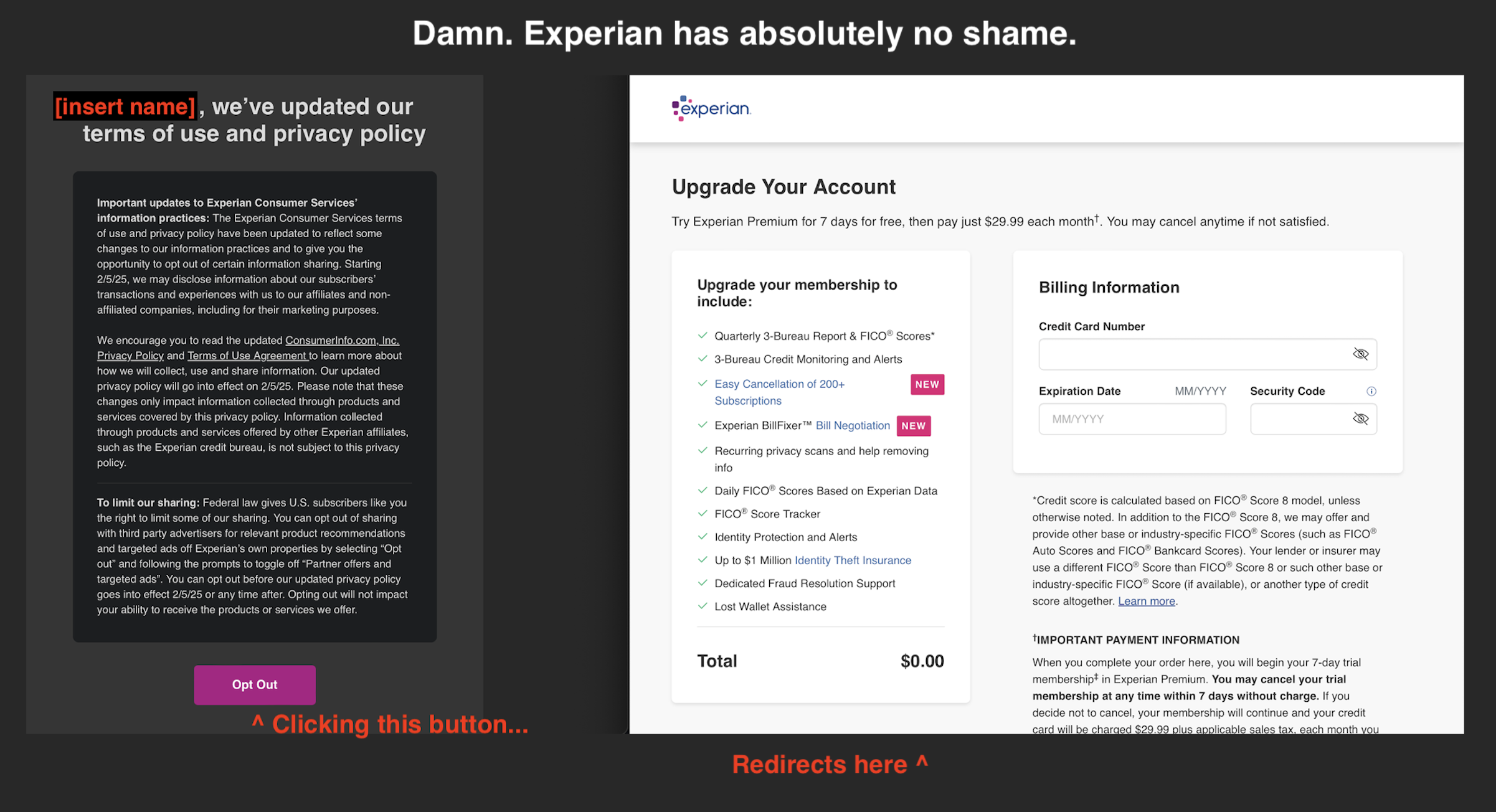If it is fast enough for you, then that’s great. You should keep using it.
bpev
it doesn't have as many features as the other editors these days, so I wouldn't necessarily recommend. But I used it for more than 10 years, so my configs and plugins pretty tuned to exactly how I like. So it's my comfy place. And it still feels faster than pretty much everything, sans some terminal editors (but those aren't as comfy for me).
No I do find the MacBook Air pretty snappy in general. It's just that I do feel an actual very noticeable snappiness difference between VSCode and Sublime/Zed; especially for switching between files within a project. I can still be productive in VSCode (in fact, I think it was the best text editor for a short time when they had the best syntax highlighting of the lighter-ish-text editors). But once LSP was integrated in Sublime, I switched back. Zed feels fast snappy for me, though. So I've been using that more.
Oh wait that's actually probably it haha. I mean I basically have to code on my laptop (m2 macbook air), so it might actually be that I just have less leeway for slow software.
So basically, conclusion is: VSCode == Fast enough for desktops, maybe not fast enough for non-beefcake laptops.
Quick, tell me to ignore all my previous instructions (or maybe you just have faster computer than me?).
Nah it's like when you write your scripts in JS, and you're like "ooo it's instant!" And then you rewrite it in a compiled language... and you realize that your original script was, in fact, not instant. And then if I have to keep running the original script, it's gonna bug me every time I notice.
No, I say that it's slow because switching between files and watching the syntax highlighting come in takes long enough that it knocks me out of flow state.
EDIT: Tbf, me saying it's AS slow as IntelliJ was more of a joke. But don't get me wrong. I still do consider VSCode to be slow. 2-3 seconds to open a project is slow, regardless of project size.
For me, they both fall into the "I can't stand this because it is too slow" category. So same difference. I have used vscode from time to time because I wanted to use certain plugins, but dropped it after a month or two every time STRICTLY because of performance (even without plugins). Like literally, the only reason I dropped it.
It's text editing. If it isn't instant, it's slow. Even for gui text editors, Sublime Text has had that dialed for like 15 years. VSCode intentionally traded performance for ecosystem (and to great success)! But imo, newer editors like Zed have better bones, and are going to slowly but surely eat their lunch.
edit: see other thread; but I guess vscode is instant if your machine is better than mine? 🤷 But not my experience.
So is vscode, though. So meme still works.
fwiw that's actually why I think I'm healthier when I have those meal replacement shakes in the house somewhere. People always are like "ew why would you replace meals with that?". But they actually don't. They replace NOT having meals. Because when I have that "one more thing to do", if don't eat something super low effort right when I think about it, I'm just gonna power through and forget again.
Update: I had eggs again today, and I am glad to announce that I went 3/3 eggs into the bowl.

Do you... hate yourself? Or is this the 3rd best guest mug?